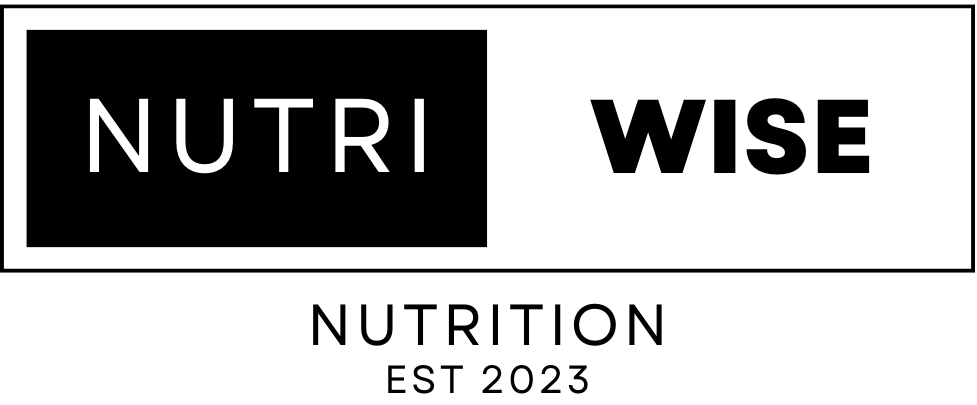The Salty Truth: Why Sodium Is Vital For Health & Fitness
Sodium has long been cast as a nutritional villain, with many people avoiding it in their diets. However, the reality is that sodium is a crucial nutrient that plays a significant role in maintaining a healthy body. From regulating fluid levels and blood pressure to muscle and nerve function, sodium’s importance cannot be overstated.
This article aims to explore the often-overlooked benefits of sodium for health and fitness. Despite its importance, sodium intake is often misunderstood and sometimes even feared. This is largely due to the association between sodium and high blood pressure.
However, research shows that sodium intake is not necessarily the cause of high blood pressure, and that a moderate intake of sodium is actually beneficial for overall health. In this article, we will delve into the benefits of sodium for both fitness and health, and explore the optimal levels of sodium intake for a healthy lifestyle.
Importance for Fitness
Sodium plays a significant role in maintaining proper fluid levels, promoting muscle growth, enhancing muscle fullness and carbohydrate absorption, and regulating blood pressure, making it crucial for individuals seeking to maximise their athletic potential and achieve optimal health and fitness.
Adequate sodium levels are essential for building and maintaining muscle mass, as sodium is required for muscle contraction and helps to regulate fluid balance within muscle cells. Sodium deficiency negatively affects insulin sensitivity and muscle growth, while adequate sodium intake helps to enhance muscle fullness and promote carbohydrate absorption, which is essential for energy during exercise.
In addition to its role in muscle growth, sodium is also important for maintaining proper hydration levels during exercise. Sodium helps to regulate fluid balance in the body, which is critical for maintaining adequate hydration levels during physical activity.
Lack of sufficient sodium can lead to dehydration, which can cause muscle cramps, weakness, and reduced athletic performance. For athletes seeking to maximise their potential, adequate sodium intake is crucial for maintaining optimal hydration levels and promoting muscle growth and fullness.
Benefits for Health
Integrating an appropriate amount of salt into one’s diet can aid in maintaining proper kidney function, controlling blood sugar, and supporting thyroid function.
Sodium plays a crucial role in the body’s ability to regulate fluid balance, which is essential for proper kidney function. A study conducted by the American Society of Nephrology found that low sodium intake resulted in higher levels of a hormone called renin, which can lead to high blood pressure and decreased kidney function. Therefore, it is essential to consume an adequate amount of sodium to prevent kidney damage and maintain optimal kidney function.
Sodium also plays a vital role in blood sugar control. The hormone insulin is responsible for regulating blood sugar levels, and sodium plays a role in insulin sensitivity. A study published in the Journal of Clinical Endocrinology and Metabolism found that individuals with lower sodium intake had higher insulin resistance, which can lead to high blood sugar levels and an increased risk of developing type 2 diabetes. Therefore, it is important to consume an appropriate amount of sodium to maintain proper blood sugar control and prevent the development of diabetes.
Adequate Sodium Intake
Consuming an appropriate amount of salt is crucial for maintaining optimal kidney function and controlling blood sugar levels. The recommended daily intake of sodium for adults is around 2,300 milligrams, which is equivalent to one teaspoon of salt.
However, athletes and those who exercise regularly may require a higher amount of sodium to replace the electrolytes lost during physical activity and maintain proper fluid balance.
Sodium can be obtained from a variety of sources, including table salt, sea salt, and processed foods. It is also important to be mindful of hidden sources of sodium in packaged and processed foods, as they can contribute to excessive sodium intake.
Consuming an appropriate amount of sodium is crucial for maintaining optimal health and athletic performance, and should be carefully monitored and balanced with other nutrients in the diet.










